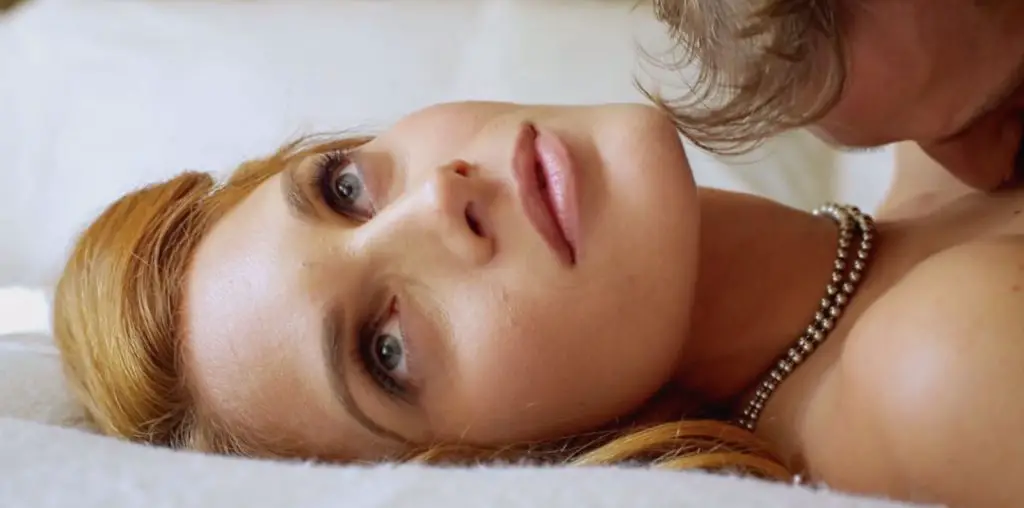
As a playwright, Tyler Perry delivers an innovative form of light entertainment. His stage version of “Madea’s Family Reunion” features himself as the “dragged”-up Mable Simmons (a.k.a. Madea), an oversized granny who throws non-stop insults at her opposing players. At times madder than her ancient Greek namesake, wielding pistols or a backhand at an outweighed family member, Madea sets an over-the-top pace for this often hilarious farce.
Through his series of stage plays, Perry has perfected a vaudevillian format for his obnoxious character. Madea fuels this loose-knit structure, while the supporting characters exist mainly as her targets. In “Reunion: the Play,” Perry gives his Madea a rest offstage by mixing in serious storylines – one concerns Madea’s granddaughter trying to get clean and sober – along with inspirational speeches and musical numbers. (Madea even formally excuses herself when a preacher gets going.) Although the serious moments make things lag, and at times get out of control, her energy resonates while the audience takes a quick breather and awaits her return. The play works as a stand-up comic act with the benefit of human props and an honest-to-goodness down-home flavor.
The immense success of Perry’s stage work, which has toured major cities for sold-out runs and is available on DVD, has convinced studio execs and Perry himself that Madea was made for the movies. But judging from the film of “Madea’s Family Reunion,” his second as writer/star and first as director, it seems that Perry fails to understand the strength of his own stage work and that, even with major revisions, it’s poison for the big screen.
“Reunion,” the follow-up to his “Diary of Mad Black Woman” (2005), plays even more addled than its uneven predecessor. While Perry can work somber elements into his loose stage formula, the storylines of “Reunion’s” screenplay – alternating from troubling to farcical – create a plodding narrative pace. It avoids a stuffy “filmed play” feeling by opening things up, but this rag-tag mess of jokes and moralizing leaves you craving playhouse footage.
The madhouse plot concerns Lisa (Rochelle Aytes), Madea’s niece who seems to be making good with a rich fiancé (Blair Underwood). That is, until he rears a firm hand upon her and casts a somber mood, with Madea’s absurdity still echoing in the background. Her other niece, the single mom Vanessa (Lisa Arrindell Anderson), helps Lisa through, but struggles with trusting her new boyfriend (Boris Kodjoe). Madea offers staunch aid when not busy disciplining her delinquent tween foster child (Keke Palmer), whom she inherited from a judge by violating house arrest. Madea’s slam-bang methods help resolve things concerning her nieces, her houseguest, and her wind-breaking brother (Perry, here in old pervert getup), while the film staggers onward.
Already failing to successfully incorporate serious elements, Perry later includes inspirational sequences that grind things to a halt. (Poet turned greeting card muse, Maya Angelou, appears for some maudlin moments). All the while Madea’s wit, which is refreshing on the stage, feels spurious and often misfires. This mess leaves you dreading the coming Madea sequels (alas, Perry secured a seven-picture deal), and this series’ potential to ruin Perry’s endearing stage work.
